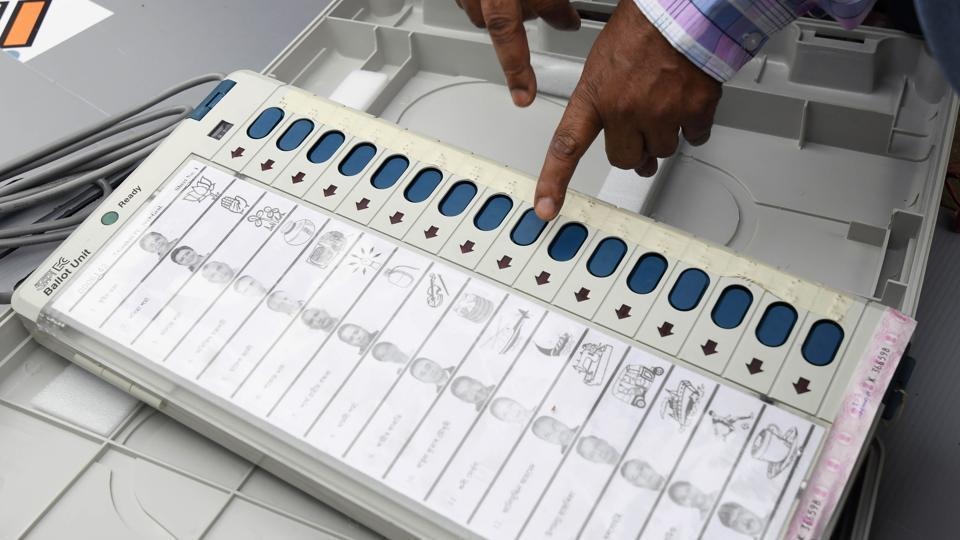 Image Source: The New Indian Express
Image Source: The New Indian Express
Key highlights
IBM, in association with Cambridge University Press & Assessment, has launched the IBM Global Entrance Test (GET) for admission to postgraduate courses in leading universities for the 2025-26 academic year. The step is a significant move in bridging the gap between academic education and current industry practice and is positioned to become the new benchmark for global postgraduate admissions.
What is IBM GET?
The IBM Global Entrance Test will offer a shared entrance for admission to industry-relevant, future-ready postgraduate courses such as MBA, MCA, and M.Sc. Computer Science at top institutions.
S-VYASA Deemed-to-be University in Bengaluru has become the first Indian university to officially adopt the test, launching IBM-delivered master's programs at its Sattva Global City Tech Park campus.
Key features and advantages
GET qualifying candidates will have direct access to IBM-supported curricula, industry innovation labs, digital badges, project-based hands-on experience, internships, and global placement, on completion of which the candidates will be job-ready from day one.
The assessment is fueled by IBM Q'D (Quantum Quotient Decode), which combines AI-powered learning modules, live project experience, corporate mentorship, English communication skills aligned to Cambridge standards, IBM Cloud tools, and globally recognized certification badges.
The innovative format sees students graduate with strong technical and professional skills aligned to the needs of the modern digital workforce.
Sectoral impact and academia-industry synergy
GET is a significant step toward mapping higher education to the real needs of tech industries, bridging disparities between academic qualifications and labor market preparedness.
The program is structured to equip graduates with hands-on experience and multi-disciplinary training, fostering a combination of technical excellence and soft skills supported by top employers globally. With IBM's GET now becoming the benchmark for postgraduate entry, universities in India—and around the world—are likely to embrace this industry-academic partnership framework with great alacrity.
Sources: UNI India, Telangana Today, New Indian Express
Advertisement
Advertisement




